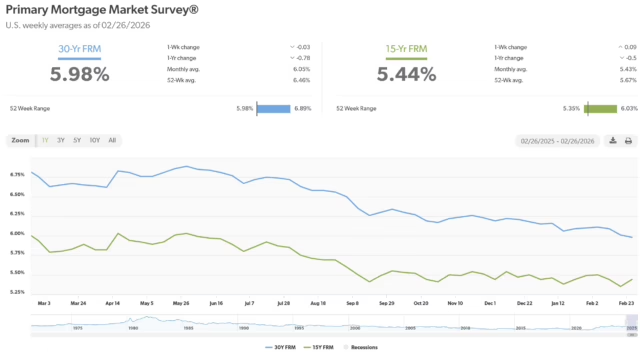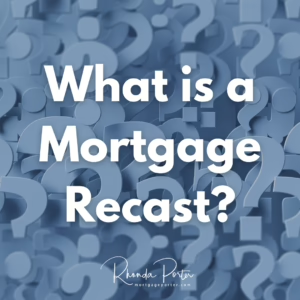Mortgage rates are being impacted by the war in Iran. Often times, during war we see mortgage rates improve as investors seek the safety of bonds. Because of the threat to oil, and the potential for inflation, mortgage rates are moving higher.
Take a look at the charts today, compliments of MBS Highway. The last red dash shows the hit mortgage-backed securities took today – closing down 33 basis points. [Read more…]


 Is a 1% Drop Enough to Refinance?
Is a 1% Drop Enough to Refinance? What Is a Mortgage Recast?
What Is a Mortgage Recast?





